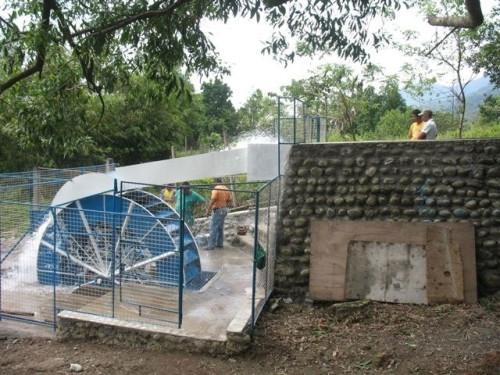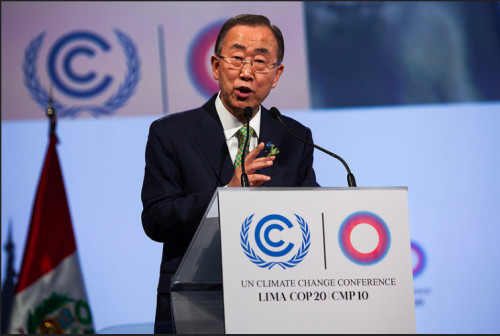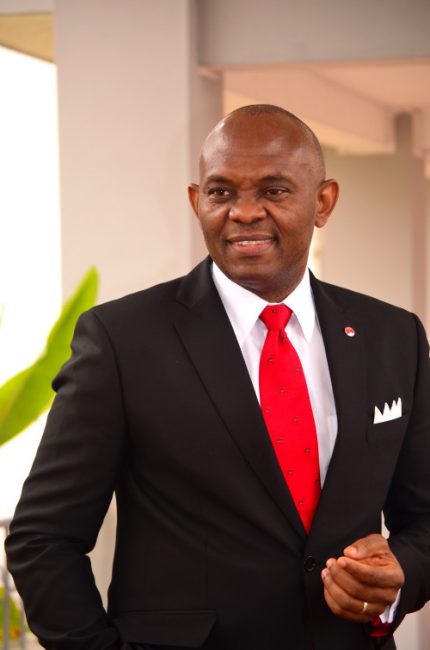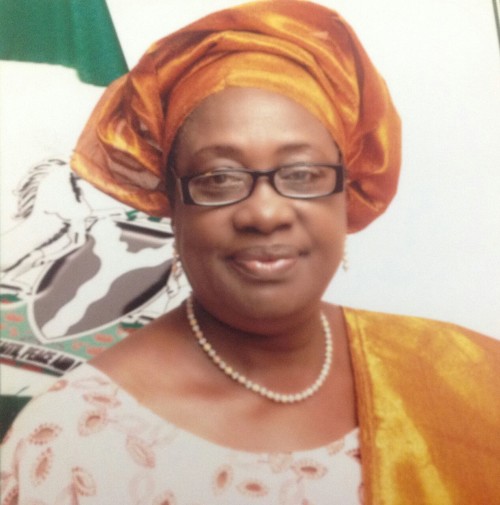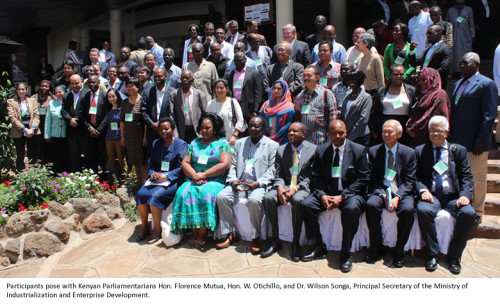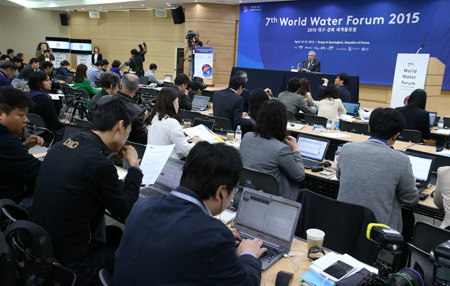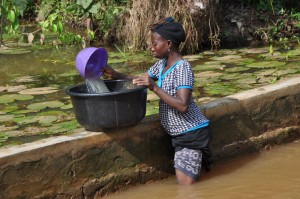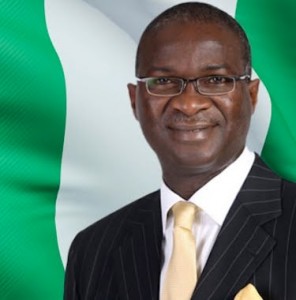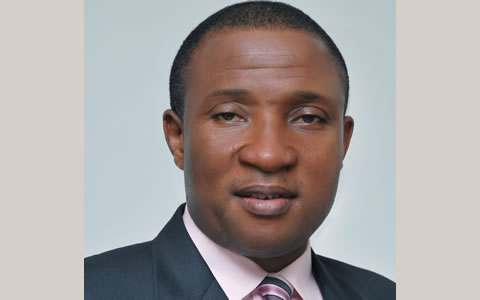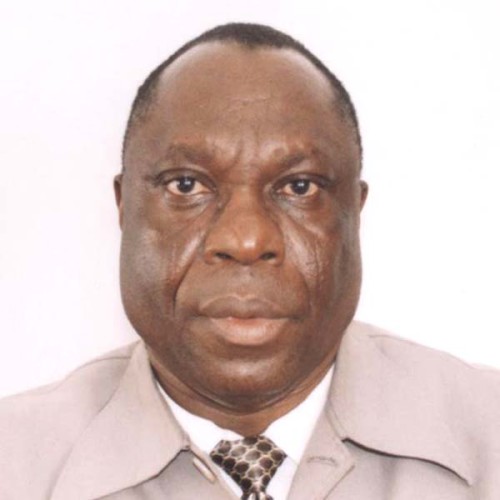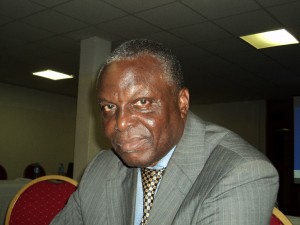Ministerial Declaration on Monday, 13 April 2015 at the 7th World Water Forum in Gyeongju, Republic of Korea
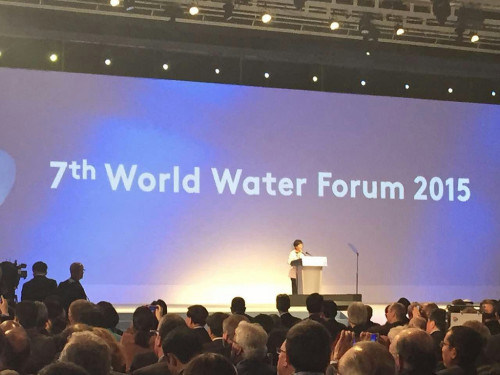
We, the Ministers and Heads of Delegations assembled in Gyeongju, Republic of Korea, on 13 April 2015 on the occasion of the Ministerial Conference of the 7th World Water Forum, “Water for Our Future”,
Reaffirming the United Nations General Assembly Resolutions entitled “The Human Right to Water and Sanitation”(A/RES/64/292), “The Human Right to Safe Drinking Water and Sanitation”(A/RES/68/157), “International Decade for Action, Water for Life, 2005-2015”(A/RES/58/217), “International Year of Water Cooperation, 2013”(A/RES/65/154) as well as the Human Rights Council Resolution entitled “The Human Right to Safe Drinking Water and Sanitation”(A/HRC/27/7),
Reaffirming the commitments made in the outcome document of the United Nations Conference on Sustainable Development (“Rio+20”), “The Future We Want”,
Recognising the key water-related challenges the world is facing as well as the urgent need to address them in a sustainable manner,
Welcoming the proposed water-related Sustainable Development Goals by the Open Working Group of the United Nations General Assembly,
Recognising the significant contributions previous World Water Fora and the Budapest Water Summit have made in committing to address water-related challenges, and reaffirming the Ministerial Declaration of the 6th World Water Forum, “Time for Solutions” held in Marseille, France, in 2012,
Further recognising that sustainable management of water resources is a collective responsibility of all stakeholders,
Acknowledging that water resources is vital for sustainable development for all countries in the world, in particular, for developing countries including the least developed countries,
Stressing the need to promote good governance at all levels including basin level, based on, inter alia, water planning, public participation and sound management of physical infrastructure and natural systems as a means to effectively tackle the water security challenges,
Recognising the need to move from “solutions” identified during the previous World Water Fora for resolving water-related challenges to “implementation”,
Taking into consideration, as appropriate, the “Daegu-Gyeongbuk Recommendations” which have been submitted to the Ministers, and welcoming the many contributions and efforts from the Thematic, Regional and Science and Technology Processes,
Declare our political will to translate our commitments made in this Declaration into national policies, plans and actions and to intensify our joint efforts to advance water-related cooperation at a global scale as follows:
- We reaffirm that water is at the core of sustainable development and support the inclusion of one dedicated water goal and water-related targets in the Post-2015 Development Agenda. We note that Integrated Water Resources Management (IWRM) and its balanced relation with food and energy is important to effectively cope with increasing food and energy requirements towards sustainable development.
- We reaffirm our commitment to the human right to safe drinking water and sanitation and ensuring progressive access to water and sanitation for all.
- We stress that water is one of the major issues in tackling climate change. In this regard, we are committed to working together to ensure a successful outcome at the 21st session of the Conference of the Parties (COP21) to the United Nations Framework Convention on Climate Change (UNFCCC), in full recognition of the importance of water-related issues in climate change.
- We recognise the leading role that riparian countries have on advancing cooperation on transboundary waters. We recognise that transboundary water cooperation based on win-win solutions can contribute to sustainable development and sound management of the transboundary waters between riparian countries and peace and stability of the nations. We are determined to further build upon the commitments and recommendations regarding transboundary water cooperation made in the previous World Water Fora and the 7th World Water Forum. We note the key role of the United Nations in promoting international water cooperation at the global level. Several of the principles of the relevant international Conventions on water can be useful in this regard.
- Taking note of the outcome of the Third United Nations World Conference on Disaster Risk Reduction, we acknowledge the pressing need to take preventive actions and enhance resilience and preparedness towards water-related disasters at national, regional, and international levels. Developing systematic and effective response mechanisms is crucial to deal with increased risks and uncertainties of water-related disasters. We emphasise that IWRM supported by appropriate land management at the basin level is crucial to sustainable water management and planning. This includes enhancing prevention, resilience and preparedness towards water-related disasters, based on sound management of natural systems and adequate water infrastructures.
- We underscore the importance of international cooperation and partnership between developed and developing countries, among international aid agencies, financial institutions and related intergovernmental organisations and other stakeholders. We highlight the partnership between public and private sectors, as appropriate, in tackling water-related global challenges, including climate related institutions such as the Global Green Growth Institute (GGGI), the Green Climate Fund (GCF) and the Global Environment Facility (GEF).
- We underline the critical role of science and technology in paving the way from “solutions” for resolving water-related challenges to “implementation” by applying innovative and applicable technologies to policies as well as building sound and effective action plans linking science, technologies, policies and practices. We share a common understanding of the need to establish sound science-based public policies and regulations supported by appropriate institutional mechanisms. We stress in particular the importance of convergence of information and communications technologies (ICT) on smart water management and planning. We call upon nations to promote knowledge sharing and the development and deployment of scientific knowledge and innovative technologies to facilitate financing, investment, education, training and capacity building, particularly for developing countries and as well as to develop and diffuse concrete business models with a view to promote cooperation among water-related stakeholders. In this regard, we welcome the inauguration of the Science and Technology Process in the World Water Forum and resolve to build on its progress and further strengthen participation in the Process.
We support the results of the 7th World Water Forum and look forward to the “Implementation Roadmap”, along with its relevant Monitoring System, which could be considered as a reference for establishing implementation and monitoring guidelines for water-related goals in the Post-2015 Development Agenda. We further welcome the outcomes of the 7th World Water Forum’s Process, “Daegu-Gyeongbuk Water Action for Sustainable Cities and Regions” and its network of Local and Regional Authorities, as well as the ongoing process in the World Water Fora regarding establishment of the “Water Legislation Helpdesk” aimed to serve as a support tool for networks of parliamentarians.
We thank the Government and the people of the Republic of Korea, the Metropolitan City of Daegu, the Province of Gyeongsangbuk-do and the World Water Council for their support in organizing the Ministerial Conference of the 7th World Water Forum and recommend to the Government of the Republic of Korea to submit this Declaration to the United Nations Member States and appropriate bodies of the United Nations for their consideration.

